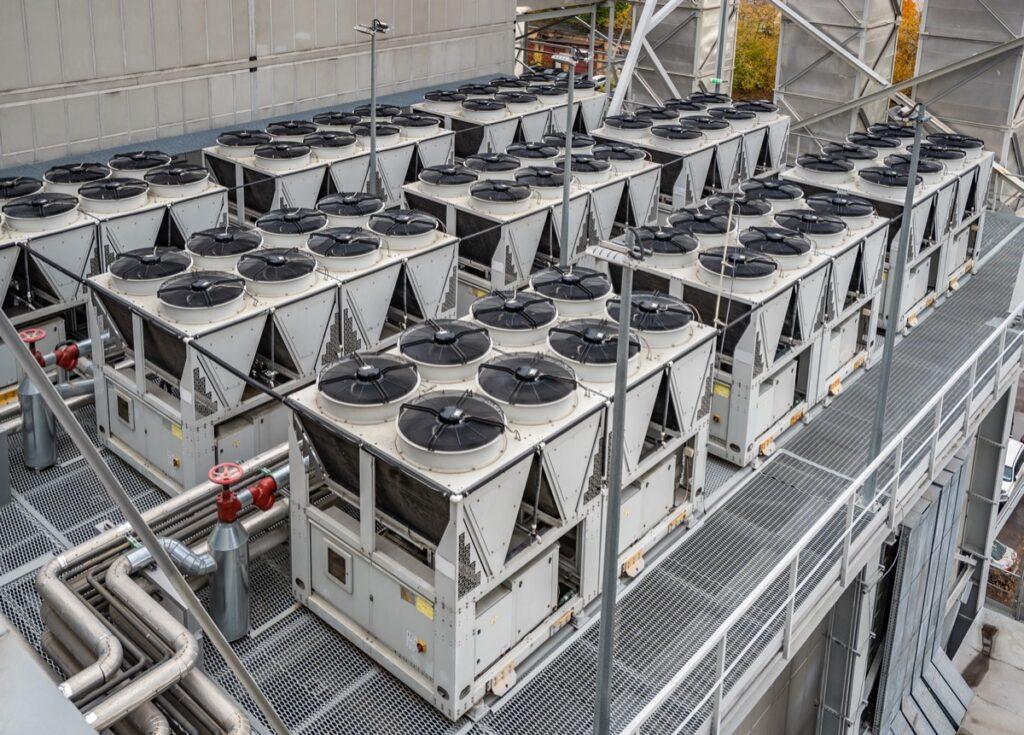Commercial air conditioners play a pivotal role in creating comfortable and productive environments across a range of business settings, from offices and retail stores to restaurants and hotels. These robust cooling systems are specifically designed to handle the demands of large-scale spaces, ensuring optimal climate control for both occupants and operations.
Key Features and Benefits of Commercial Air Conditioners:
Commercial air conditioners are engineered with several key features that cater to the unique needs of business environments. High capacity cooling capabilities enable these units to effectively manage large areas, accommodating varying heat loads generated by equipment, lighting, and occupancy levels. Energy efficiency is another critical feature, with many models incorporating advanced technologies such as variable-speed compressors and programmable thermostats. This not only reduces operational costs but also minimizes environmental impact, aligning with sustainable business practices.
Installation flexibility is essential, offering options like rooftop units, split systems, packaged units, and ducted systems to suit diverse building layouts and requirements. Advanced air filtration systems enhance indoor air quality by capturing dust, allergens, and pollutants, creating healthier and more comfortable spaces for employees, customers, and guests. Quiet operation is prioritized to minimize disruptions in commercial settings, where noise levels can affect customer experience and employee productivity.
Applications of Commercial Air Conditioners:
In office buildings, commercial air conditioners maintain comfortable temperatures that contribute to a productive work environment. They also play a crucial role in retail environments, providing a pleasant shopping experience while safeguarding perishable goods. Restaurants and cafes rely on these systems to create comfortable dining atmospheres and maintain optimal conditions for food preparation. Hotels use commercial air conditioners to ensure guest comfort throughout various areas such as guest rooms, lobbies, and meeting rooms.
Choosing the Right Commercial Air Conditioner:
When selecting a commercial air conditioner, factors like cooling capacity, installation requirements, maintenance needs, energy efficiency ratings, and warranty coverage should be carefully considered. Optimal cooling capacity ensures effective temperature control, while the appropriate installation method—whether rooftop, split system, or packaged unit—depends on the building's structure and layout. Units with accessible components and straightforward maintenance requirements help minimize downtime and ensure reliability. Energy-efficient models with high SEER ratings or ENERGY STAR certification maximize cost savings and environmental benefits. Reliable warranty coverage and accessible customer support are also crucial considerations to address any operational issues promptly.
Conclusion:
Commercial air conditioners are indispensable for enhancing comfort, productivity, and operational efficiency in various business environments. By investing in the right unit that aligns with specific cooling needs and operational requirements, businesses can create optimal indoor environments that contribute to customer satisfaction, employee well-being, and overall business success.

